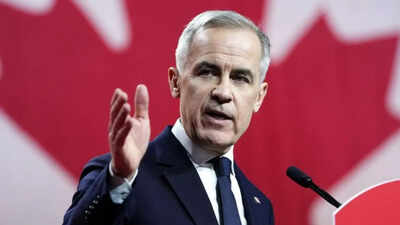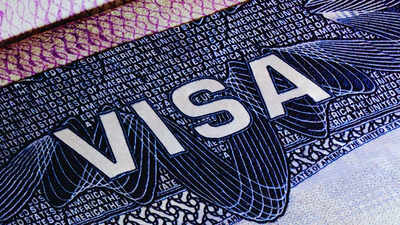Tunisian Court Sentences Opposition Leaders to Lengthy Prison Terms Amid Authoritarian Allegations

A file photo showing a woman walking past the Palace of Justice in Tunis, Tunisia on May 13, 2024.
In a significant and controversial ruling, a Tunisian court has sentenced several prominent opposition leaders, businessmen, and lawyers to prison terms ranging from 13 to 66 years. The sentences were handed down on charges of conspiring against state security, as reported by the state news agency TAP on Saturday, referencing information from a judicial official. This decision has elicited strong reactions both domestically and internationally, raising concerns about the state of democracy and justice in Tunisia.
The opposition has vehemently denied the legitimacy of the charges, claiming that they are fabricated and that the trial highlights President Kais Saieds increasingly authoritarian grip on power. Since taking office, President Saied has faced allegations of undermining democratic institutions. Rights organizations have pointed out that he has exerted extensive control over the judiciary, particularly following his controversial dissolution of the parliament in 2021 and the subsequent decision to rule by decree. In 2022, he also dismantled the independent Supreme Judicial Council, further consolidating his authority.
Despite the gravity of the sentences, the state news agency TAP did not delve into the specifics of the rulings or provide detailed explanations behind the verdicts. This lack of transparency has raised eyebrows among critics of the regime.
The case has seen forty individuals, including well-known politicians, business figures, and journalists, prosecuted under severe charges of 'plotting against state security' and 'belonging to a terrorist group.' Notably, more than twenty of these individuals have fled the country since facing these charges, seeking refuge abroad amid fears of reprisal.
Among those who have been caught up in this legal turmoil are several high-profile opposition figures such as Ghazi Chaouachi, Issam Chebbi, Jawahar Ben Mbrak, Abdelhamid Jlassi, Ridha Belhaj, and Khyam Turki. Many of these individuals have been in custody since their arrests in 2023, leading to widespread condemnation from human rights advocates.
Lawyer Ahmed Souab, who represents many of the defendants, expressed profound outrage at the trial process, stating, 'In my entire life, I have never witnessed a trial like this. It's a farce; the rulings are ready, and what is happening is scandalous and shameful.' His comments underline the perception that the judicial process is being manipulated for political ends.
Authorities allege that the defendants, which include former government officials and Kamel Guizani, a former head of intelligence, attempted to destabilize the nation's governance and orchestrate a coup against President Saied. In response to the ongoing unrest and criticism, Saied has publicly dismissed accusations of dictatorship, arguing instead that he is combating chaos and corruption pervasive among political elites.
The situation in Tunisia is rapidly evolving, as divisions deepen within the society regarding President Saied's administration and its direction ahead of upcoming presidential elections. Many Tunisians are left to grapple with the implications of these judicial actions on their nation's future.
As Tunisia navigates this tumultuous political landscape, the conflict between the government and opposition is expected to intensify, with global observers closely monitoring developments.



























